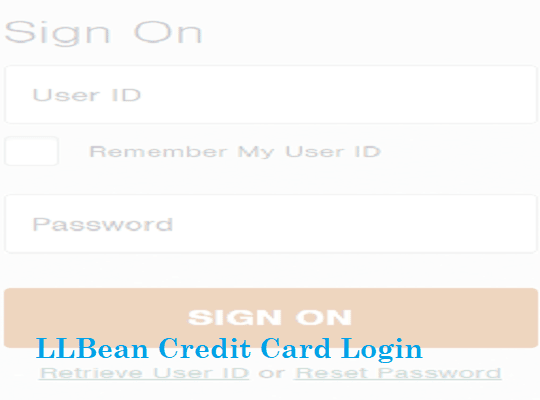The number of freelancers has significantly increased in recent years due to the growth of remote work. These people like the liberty and adaptability that accompany being their own boss, but they also have particular difficulties with tax reporting. For remote freelancers, maximizing tax savings and properly reporting taxes can be difficult tasks. However, independent contractors can more effectively navigate the complicated world of taxes with the aid of self-employed income tax tools like tax estimate calculators and self-employed tax calculators.
Comprehending the complexities of self-employed income tax is one of the main obstacles faced by remote freelancers. Freelancers are not like regular workers, who get a W-2 form; instead, they have to record their income and pay taxes to the IRS. This may be too much to handle, particularly for people who are unfamiliar with freelancing or tax laws.
Self-employed tax calculators can help remote freelancers overcome this obstacle. These web resources are intended especially to assist independent contractors in precisely estimating their tax obligations. Freelancers can get an estimate of their tax bill by entering their income and deductible costs. They are able to more efficiently manage their finances and put aside the money required to pay their taxes as a result.
Maximizing tax savings is a crucial factor for remote freelancers to take into account. Freelancers can lower their tax obligation considerably by taking advantage of a number of deductions and credits that are not available to typical employees. Finding and claiming these deductions, though, may be a difficult procedure.
In this context, self-employed tax calculators might be quite helpful. These resources frequently provide with an extensive rundown of typical deductions available to independent contractors. Freelancers may find out the deductions they qualify for and how much they can save on taxes by entering their costs into the calculator. This enables independent contractors to optimize their tax savings and make well-informed judgments on their company costs.
Additionally, remote freelancers can arrange their annual tax payments with the aid of tax estimate calculators. Since freelancers sometimes have inconsistent income, it can be difficult to determine their precise tax due. Freelancers can enter their expected income and costs for the year into a tax estimate calculator. After that, the calculator gives them an estimated tax liability that is divided into quarterly installments.
This function is especially helpful for independent contractors who have quarterly tax obligations. Freelancers may plan their cash flow and prevent unpleasant shocks during tax season by being well-informed about their expected tax burden. By doing this, freelancers can avoid any potential fines or interest costs for underpayment in addition to staying on top of their tax responsibilities.
Apart from utilizing self-employed tax calculators, remote freelancers may also gain from consulting an expert. Since tax rules and regulations are always changing, it can be difficult for independent contractors to keep informed on the most recent changes. Freelancers may get important insights and make sure they are utilizing all possible credits and deductions by speaking with a tax expert who specializes in self-employment taxes.
Additionally, tax experts may guide independent contractors through any particular issues they may have. For instance, independent contractors who operate abroad could be subject to additional tax requirements in certain countries. A tax expert may offer advice on how to meet these obligations and stay out of trouble with the law.
Also read: Software Development Outsourcing: Balancing Quality and Cost
In conclusion, there are particular issues and difficulties when it comes to tax filing for remote freelancers. However, freelancers can more successfully overcome these obstacles with the aid of self-employed income tax tools like tax estimate calculators and self-employed tax calculators. With the use of these tools, independent contractors may precisely calculate their tax obligations, optimize their tax savings by using certain deductions, and schedule their tax payments for the whole year. Getting expert counsel may also guarantee that freelancers are in compliance with tax laws and offer insightful information. Remote freelancers may handle the complicated world of taxes with assurance and comfort by making use of these tools.








